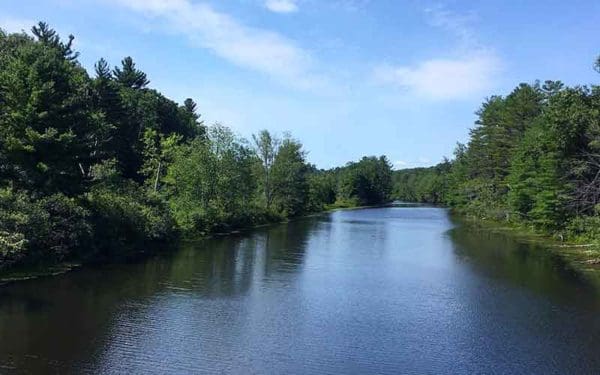New Stormwater Regulations Could Clean Up Vermont’s Waters
Pollution from stormwater runoff is one of the biggest threats to clean water in New England. A new permitting rule could improve stormwater pollution in Vermont.
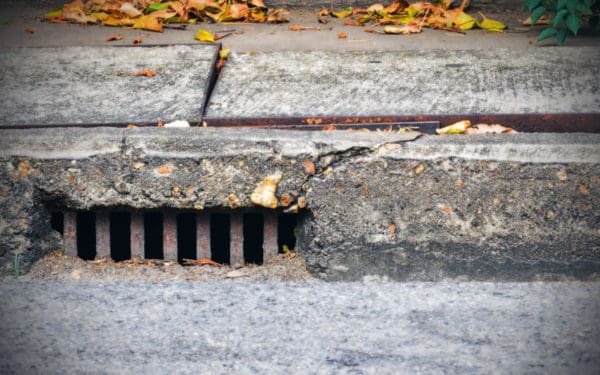
Pollution from stormwater runoff is one of the biggest threats to clean water in New England. A new permitting rule could improve stormwater pollution in Vermont.

Decades ago, Fred Quimby taught his children how to fish and canoe in Jones Pond near his home in New Durham, New Hampshire. But this year, Fred had to go someplace else to teach his grandchildren to fish. That’s because Jones Pond, part of the Merrymeeting River, has suffered yet another outbreak of cyanobacteria –… Continue reading Protecting New Hampshire’s Rivers and Lakes from Toxic Blue-green Algae
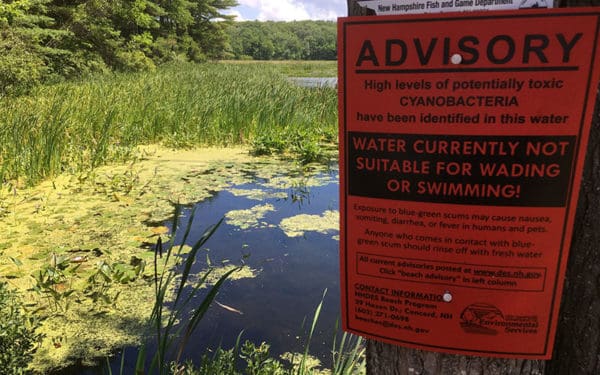
“Nitrogen pollution is killing the Cape’s beautiful waterways,” said Christopher Kilian, Vice President of Strategic Litigation at CLF. “Fish kills, unpleasant odors and scum are becoming the norm, threatening to drive away the millions of tourists that flock to the area every year. These resorts should be leaders in protecting our precious waters, instead of flushing our health and our economy down the drain.”
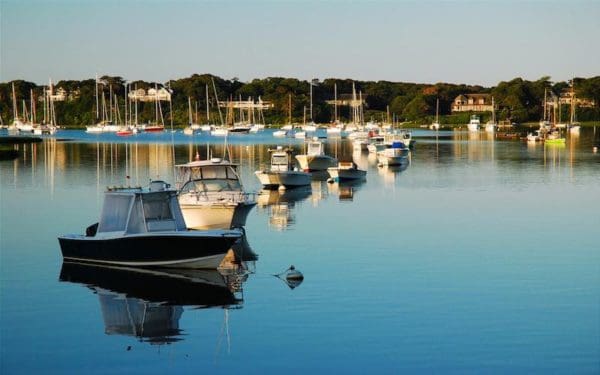
“It’s unthinkable what this State facility has done to the Merrymeeting River, degrading its health and putting the public’s health at risk with cyanobacteria outbreaks,” said Tom Irwin, Director of CLF New Hampshire. “During the heart of the summer, people want to swim, boat, and enjoy New Hampshire’s rivers and lakes. They don’t want to be told ‘stay out.’ It’s time for our leaders to protect the public health and the health of our waters by putting an end to illegal pollution from this facility.”
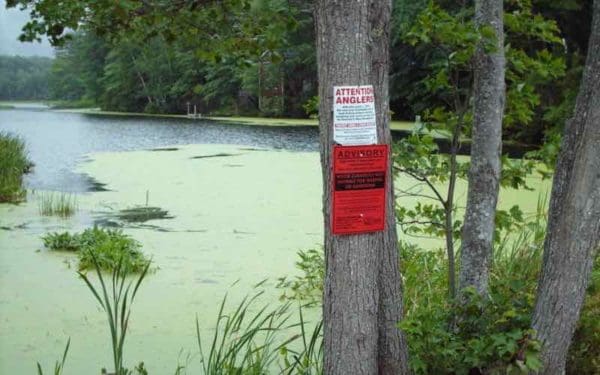
The Cape is facing a massive pollution problem because of nitrogen pollution from from septic and wastewater treatment systems. In an effort to curb this toxic pollution, CLF has announced our intention to sue the Wychmere Beach Club and Wequassett Resort and Golf Club for violating the Clean Water Act.
“These developers have failed to comply with water pollution control programs as they have rolled out the largest development plan ever conceived in Massachusetts,” said Christopher Kilian, Vice President of Strategic Litigation at CLF. “The discharge of harmful pollutants from this site is degrading the Nashua River and putting the health and safety of nearby residents at risk. The owners of the site have ignored the law, and it’s time they are held accountable.”
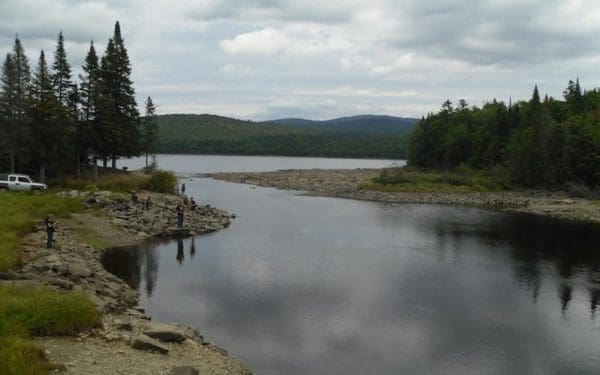
The Royal River runs about 30 miles from its headwaters in New Gloucester, Maine, to its outlet in Casco Bay in Yarmouth. Like many of New England’s coastal rivers, the Royal drove vital economic growth during the region’s industrial era, when dams built along its route harnessed water to power mills, tanneries, and more. While… Continue reading Taking On Dams on Maine’s Royal River
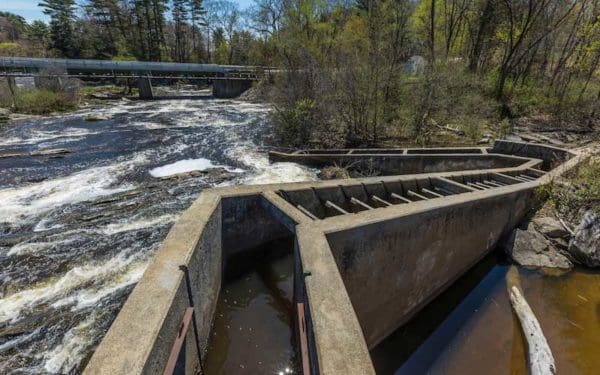
EPA Administrator Scott Pruitt has his sights set on unraveling the Clean Water Act, one of our best tools for protecting our lakes, rivers, and oceans. CLF is working to make sure that the law, which is critical to our work, continues to protect our waters.
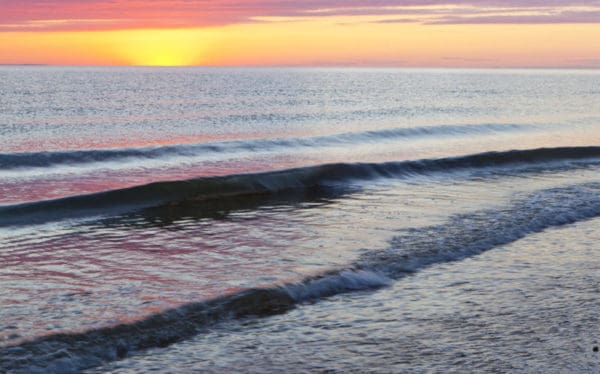
Once again, EPA Administrator Scott Pruitt and the Trump administration are taking aim at one of our most vital and effective environmental laws. On February 20, 2018, the Environmental Protection Agency issued a public notice asking for comments on the Clean Water Act’s coverage of pollution that enters our nation’s lakes, rivers, and oceans via groundwater.

Pollution from the massive development at the former Fort Devens is endangering the iconic Nashua River. CLF is working to ensure that Devens follows through with its legal requirements to monitor and prevent pollution. And we are making sure that Devens lives up to its own advertising and does not miss out on the opportunity to be a true model for new development.
